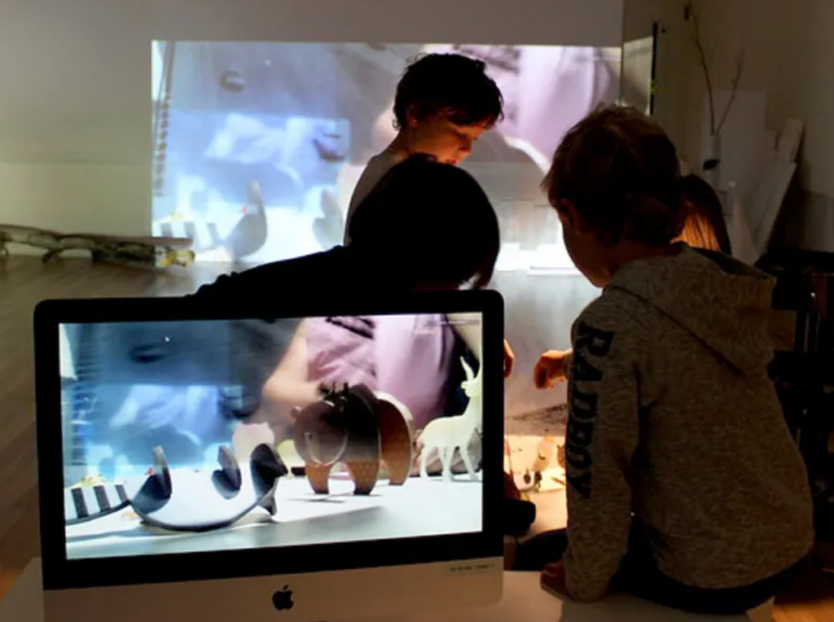The words International Baccalaureate held little meaning for me a year ago and I’ve been trying to get my head wrapped around them ever since. What exactly is an IB curriculum and what makes it unique? After attending last week’s educational series event at La Scuola, I left with a deeper understanding and a new appreciation for the IB curriculum.
Laura Munaro (Grade 1-3 Teacher & PYP Coordinator, La Scuola) and Simon Clark (Assistant Head & PYP Coordinator, Shu Ren) presented “What is an IB Education?” and did a beautiful job using examples from each of their schools to illustrate what this looks like in practice. It became clear from the audience that some of the confusion around the IB approach is the question of how they actually get the children to learn what they need to learn since the approach can come across as so free-flowing and un-directed. They explained that they know what they are going to teach and where they are going to start and they also know the desired outcomes, but they don’t know how they will get there – which activities they will use to teach the children – until they understand where their interests are (referred to as the assessment at the beginning of a unit of inquiry). In other words, the journey is a mystery – what better to encourage open-mindedness and creative thinking? Sir Ken Robinson agrees, “we need to change the paradigm of education by moving away from a production line mentality.”

This detailed explanation of how the teachers assess the children to figure out where to start and then build on that learning to achieve the desired outcomes illuminated a couple of things for me. First, I finally understood the somewhat abstract concept of constructivism: they literally build on the learning of the child by focusing on where the child is at and what resonates with the child in order to teach the next thing. Additionally, they address the concept from multiple areas of study using a trans-disciplinary approach (the diagram shown illustrates this concept – and check out the slide deck for more); providing the child with relevant connections and relationships that enable the learning to sink in even more deeply and permanently.
This leads to why IB is more and more relevant in today’s world. As we all know, the world is changing rapidly and getting “smaller” by the minute. IB’s focus on the integration of concepts across traditional silos, as well as it’s overarching international mindedness, position the children to become creative, problem-solving, global citizens.
There was also discussion about Reggio and IB and the similarities between them. Most importantly, both place the child in the center and both believe that children are bright and capable. Valentina Imbeni, Head of School, gave us all a great tip when she touched on ‘Reggio parenting.’ She said that she always tries to answer her children’s questions with questions – try it!
Needless to say, it’s a rich topic so this only scratches the surface but hopefully you’re inspired to learn more. Please check out the presentation and the IB website.
I’ll end with something that Simon said…he described what it is like to walk into an IB school: you see kids who are enthusiastic, curious and engaged. I like the sound of that!
Share this Post

